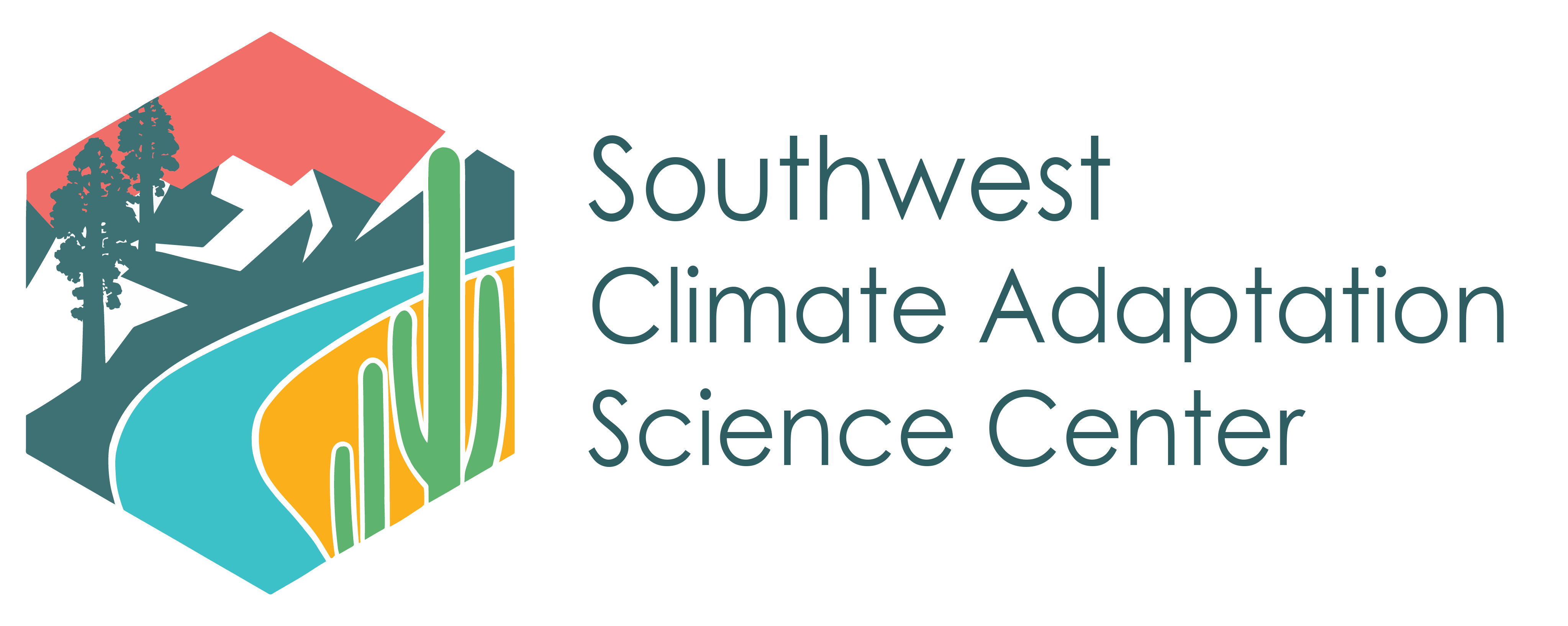North Fork Mono Tribe and SW CASC Highlighted in White House Guidance on Indigenous Knowledge

Carolyn Enquist
A collaboration between the North Fork Mono Tribe and the SW CASC is highlighted in the appendix of recently released new guidance for federal departments and agencies on understanding and considering Indigenous Knowledge. The implementation memorandum was released by the White House Council on Environmental Quality (CEQ) and the White House Office of Science and Technology Policy (OSTP), with the purpose of assisting agencies in, “(1) understanding Indigenous Knowledge, (2) growing and maintaining the mutually beneficial relationships with Tribal Nations and Indigenous Peoples needed to appropriately include Indigenous Knowledge, and (3) considering, including, and applying Indigenous Knowledge in Federal research, policies, and decision making,” according to the memorandum.
The SW CASC project with the North Fork Mono Tribe, which is focused on traditional burning, is noted as a successful collaboration between a government agency, Tribal Nations, and Indigenous peoples. The appendix, titled “Accelerating Indigenous-Led Climate Adaptation in California Through USGS” and written by SW CASC Acting Federal Director Carolyn Enquist, describes the collaborative efforts focused on assessing climate vulnerability of Indigenous-stewarded lands in California and resilience planning with Indigenous agricultural producers. The project encourages Tribal-university-government and Tribal Nation-to-Nation knowledge exchange for the purposes of Indigenous-led climate adaptation, environmental stewardship, and collaboration. According to Enquist, “the project aims to cultivate a decision and policy-making environment that accelerates Indigenous-led climate adaptation, particularly in the form of cultural burning.” The full appendix can be found on pages 30-31 of the OSTP-CEQ Guidance on Indigenous Knowledge.

